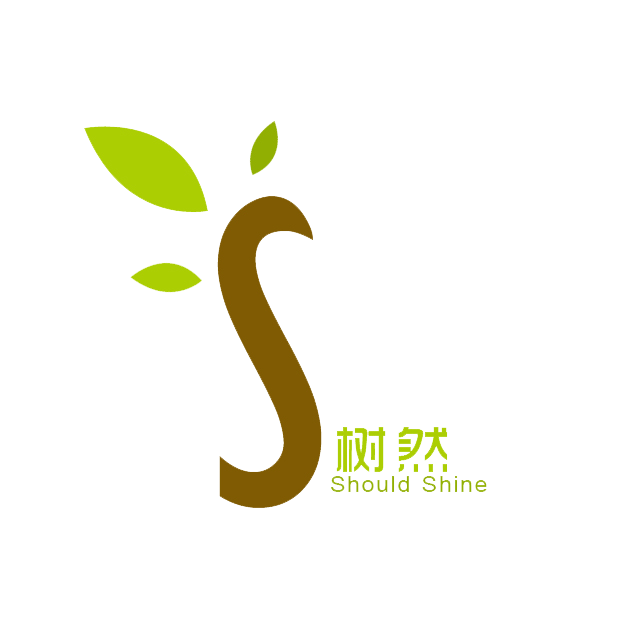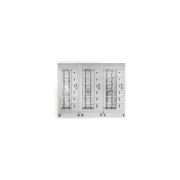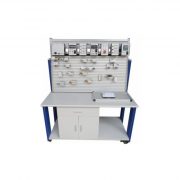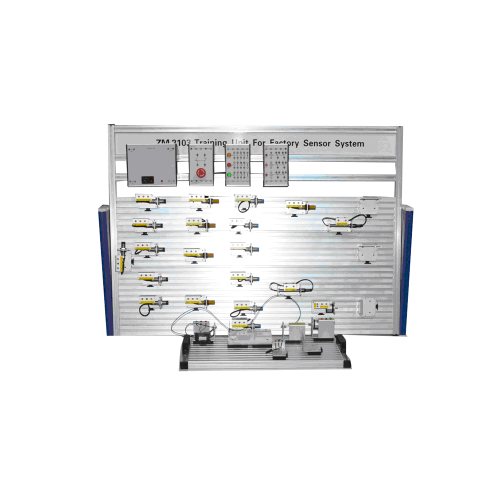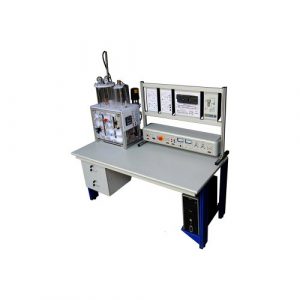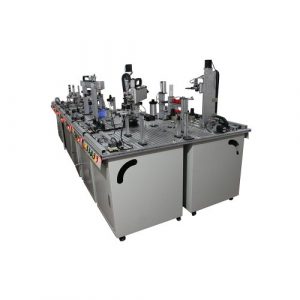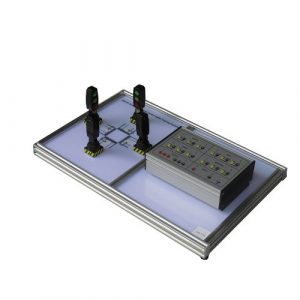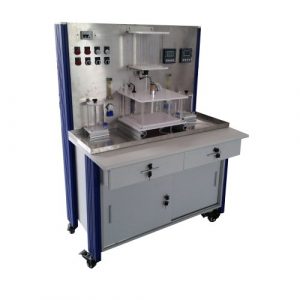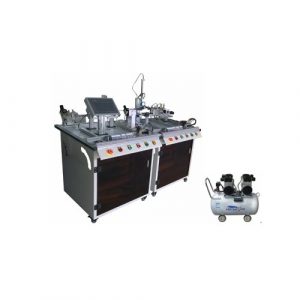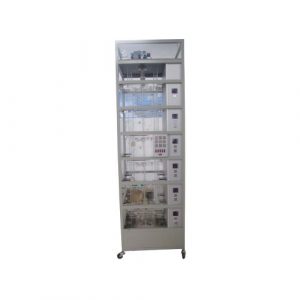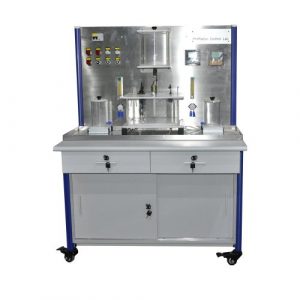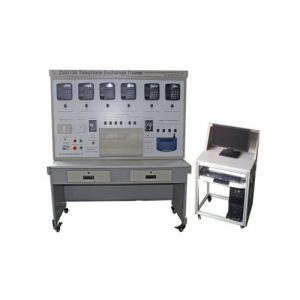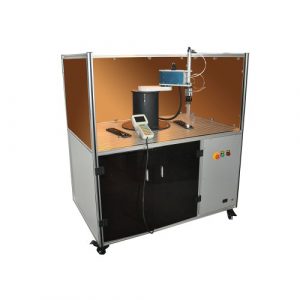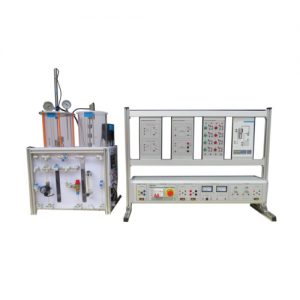- Description
- Inquiry
ST1117A Industrial Sensors and Actuators Trainer Teaching Equipment Sensor Training Workbench
I.Overview
Sensor training equipment is widely applicable, intuitive is strong, the way is flexible, module structure, completely using industrial production actual sensor components, it is training innovation type, open system. It can make students know modern production test and control actual situation at school, through study and actual assembly, development and design, students can master sensor technology all aspects application technology. It is easy for students start work when go to factory, exposing problems, solve problems, learn more practical knowledge and hand on ability, development thinking, and improve practical ability and actual operation ability, so that students after graduation can directly production practice, shorten the past when they graduate students practical ability weak defect, so as to adapt to requirements of modern measurement and control.
This training system not only for students, but also for industrial electrical, mechanical and electrical integration engineering, electrical and mechanical equipment installation, power electrical and electronic equipment installation, automation processing, regulation and control technology and technical personnel, for machinery manufacturing and electrical engineer training, the process and the process management electrical engineer training is the same.
If there is no sensor, automation production will be very difficult, therefore, sensor technology is main technology to improve productivity .
This sensor training system is designed to make students realize sensor control technology in automation system of importance and learn to select appropriate sensor in application.
Factory sensor training system enable students understand different types of sensor’s working principle and use method.
II.Technical paramter
1.Input power:~220V±10% 50Hz
2.Work environment: temperature -10℃~+40℃ humidity <85%(25℃)
- Whole capacity:<0.2KVA
- Weight<280Kg
- Safety protection: with voltage leakage protection, current leakage protection, meet national standard.
6.Aluminum base panel with hanging box
III.The bench contains the following components:
Input dispositive including:
Potentiometer (carbon slide, winded with slider)
NTC thermistor
Thermocouple (K , J or T)
Temperature sensor with integrated circuit
Photoconductor cell
Photovoltaic cell
Phototransistor
Photodiode PIN
Deformation gauge
Air flow sensor
Air pressure sensor
Inductive proximity sensor
Hall effect sensor
Tachymetric generator
Hygrometric generator
Ultra-sound receiver
Each element is equipped by connection terminals for measuring
Output device equipped by:
Heat element
DC motor
Electro-valve
Ultra sound transmitter
Relay, solenoid
Counter/clock with light-emitting diode
Each element is equipped by connection terminals
Signal conditioning device equipped at least by:
3 electronic circuit (comparator / adder / integrator)
Amplifier with gain and offset adjusting
Measure amplifier
AC current amplifier
40 kHz oscillator
40 kHz filter
Low-pass filter with switchable time constant
Full wave stabilizer for precision
Sampling and maintain circuit
Voltage/frequency and frequency/voltage converter
Current/voltage and voltage/current converter
2 oscillator circuit (RC and Wien bridge)
Power amplifier
Each element is equipped by connection terminals
Power supply delivering all needed power for different devices
- Complete experiment
(1) cognitive experiment of various sensors
(2) amplifier band gain and offset correction experiment


